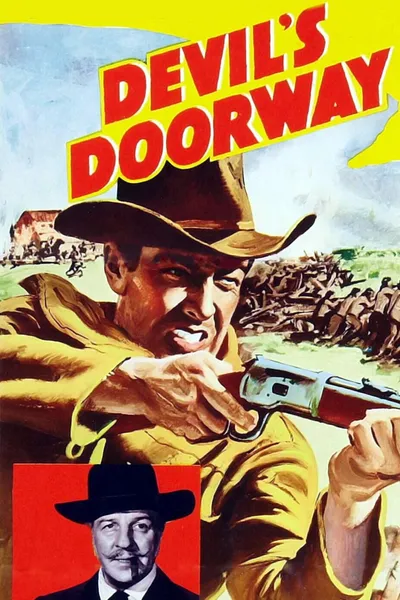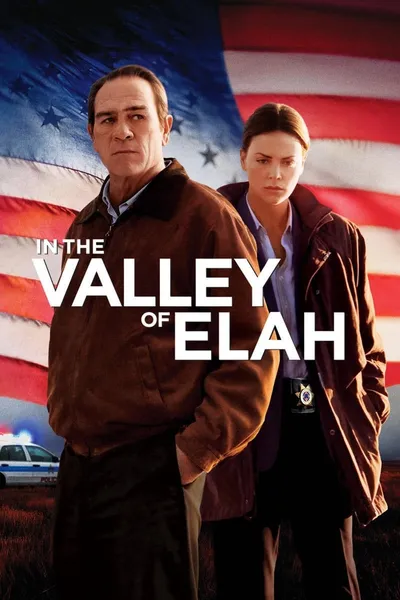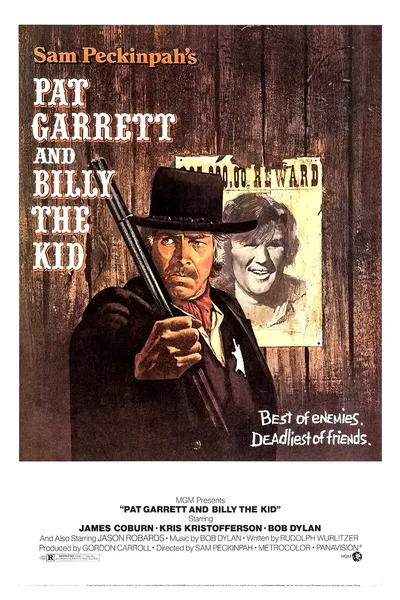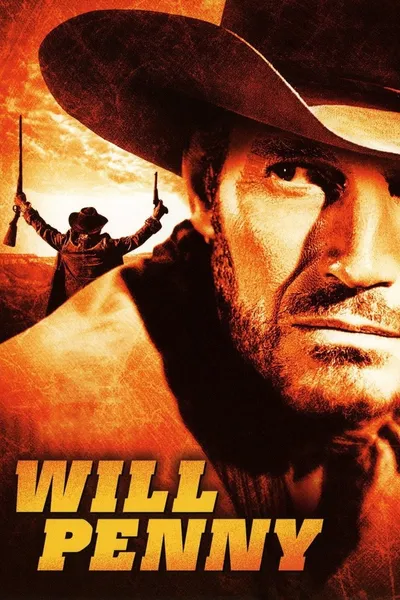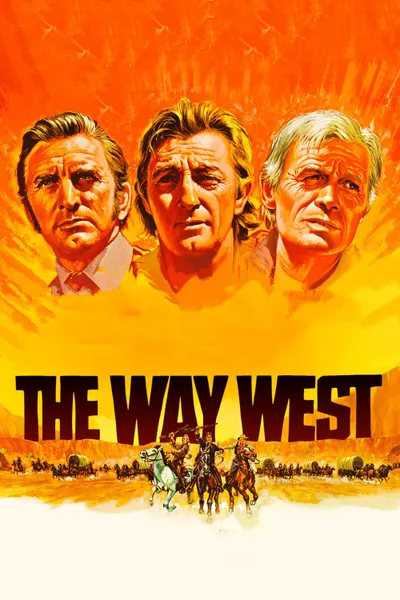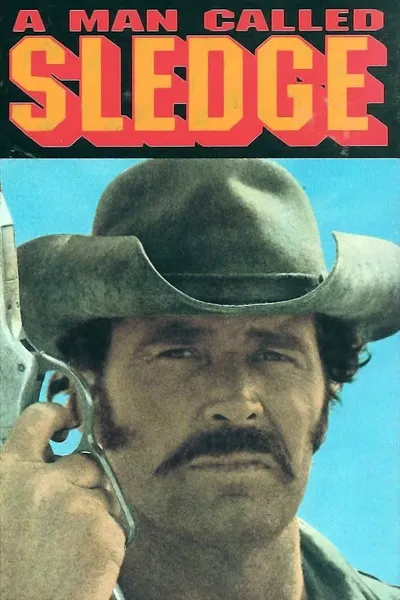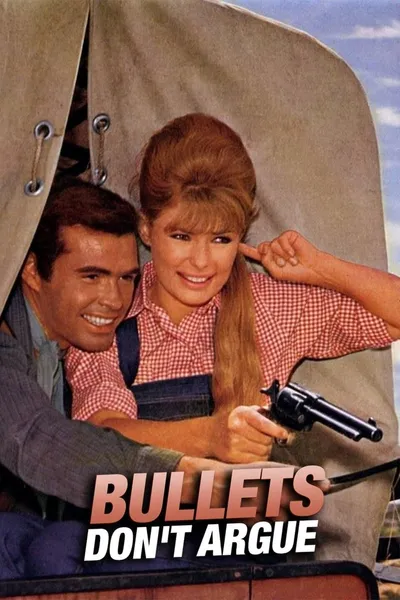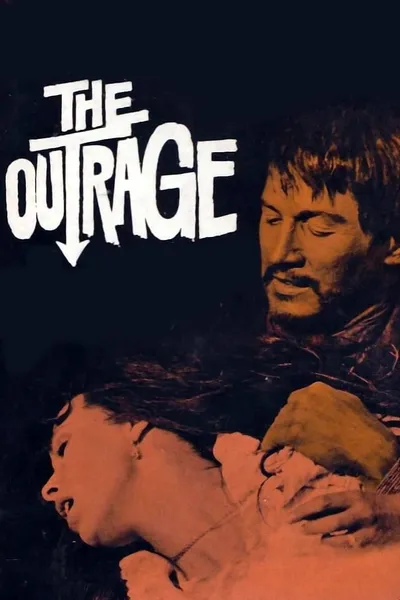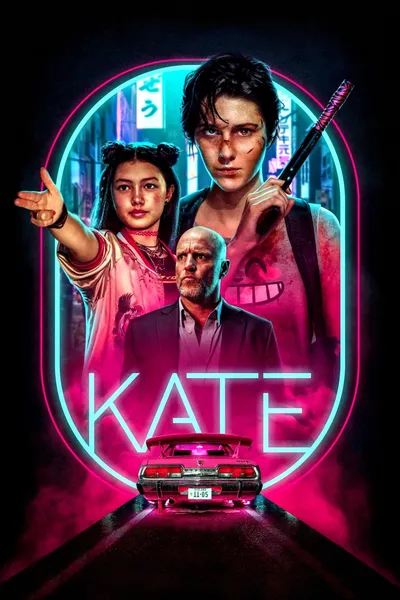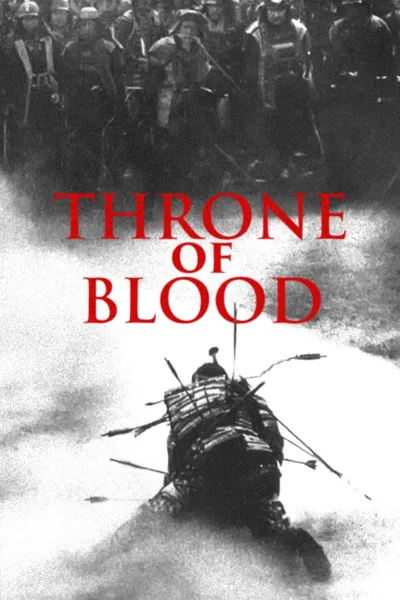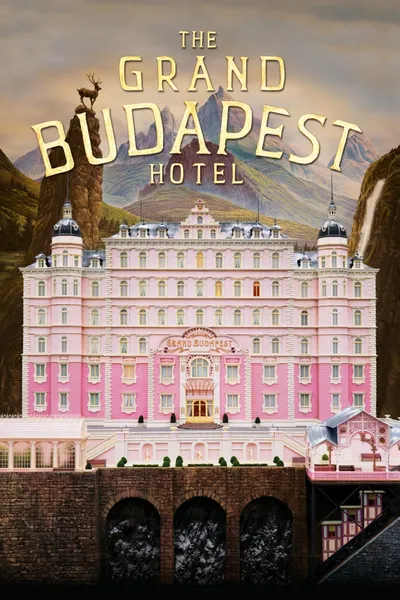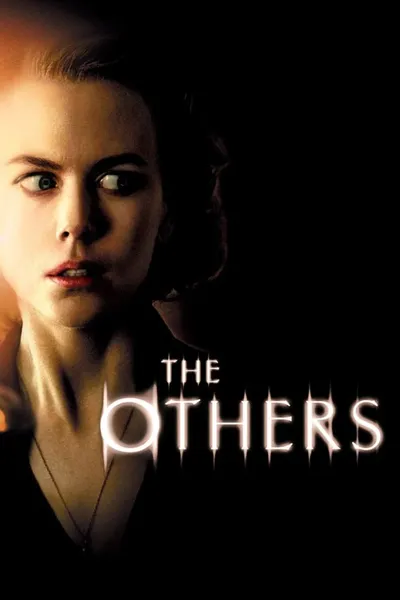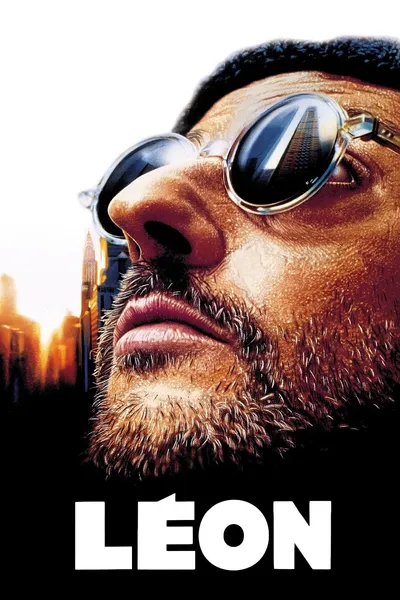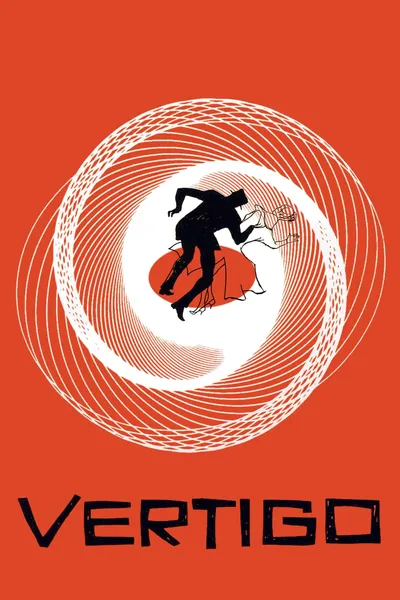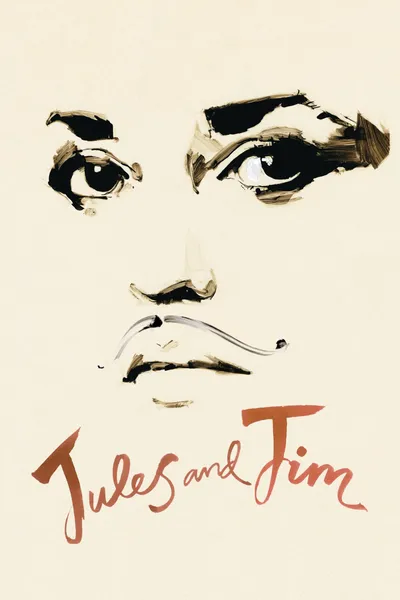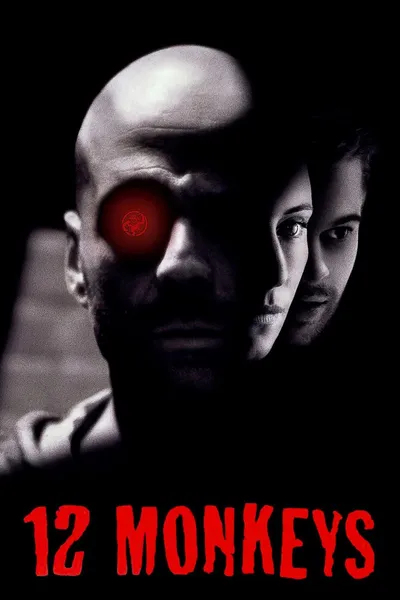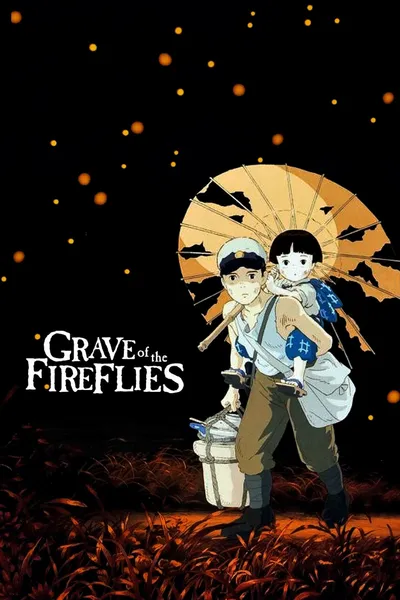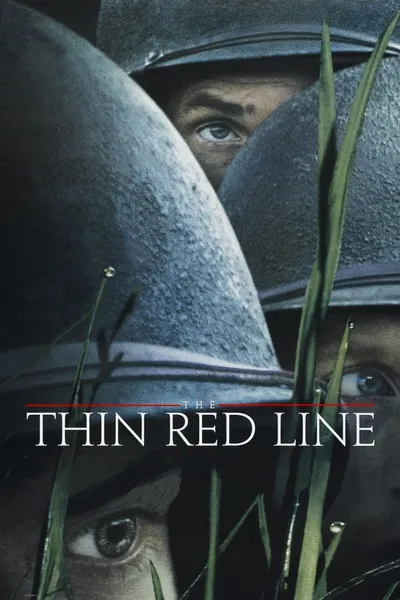Reviews

John Chard
February 19, 201710.0
The law says an Indian ain't got no more rights than a dog.
Devil's Doorway is directed by Anthony Mann. It stars Robert Taylor as Lance Poole, a Shoshone Indian who returns home to Medicine-Bow from the American Civil War after a three year stint, and a veteran of three major conflicts. Awarded the Congressional Medal of Honor he rightfully expects to be able to retire to a peaceful life back on the family land. However, all his hopes and dreams are shattered by bigotry and greed as new laws are ushered in to deprive the Native Indians land rights.
Biting and cutting, Devil's Doorway is a Civil Rights Western that, boldly for its time, looks at the injustices done to Native Americans. Very much grim in texture, it's no surprise to see Anthony Mann at the helm for this material. Mann of course would go on to become a Western genre darling for his run of "Adult Westerns" he would do with James Stewart. Prior to this Mann had showed himself to have a keen eye for tough pieces with dark themes in a few well regarded film noir movies. So this was right up his street, in fact a glance at his output shows him to be something of a master when it comes to showing minority groups sympathetically. MGM were nervous tho, unsure as if taking the Western in this direction was the way to go, they pulled it from release in 1949. But after the impact that Delmer Daves' similar themed Broken Arrow made the following year, they ushered it out and the film promptly got lost amongst the plaudits for the James Stewart starrer. That's a shame because this is fit to sit alongside the best work Mann has done.
Filmed in black & white, the film has beautiful landscapes that belie the bleak road the movie ultimately turns down. Shot on location at Aspen and Grand Junction in Colorado (the talented John Alton on cinematography), the film also manages to rise above its obvious eyebrow raising piece of casting. Robert Taylor always had his critics, hell I'm sometimes one of them, but here as he is cast against type as a Shoshone Indian, he gives the character conviction and a stoic nobility that really makes it work. Some of his scenes with the beautiful Paula Raymond (playing his lawyer Orrie Masters) are a lesson in maximum impact garnered from emotional restraint. You will be aware of the fluctuating skin pigmentation he has throughout the movie, but honestly look into his eyes and feel the confliction and loyalty and you really will not care.
Scripted by Guy Trosper (Birdman of Alcatraz), the screenplay is unflinching in showing how badly the Native Americans were treated. Throw that in with Alton's other gift, that of the dusty barren land shot, and you got a very film noir feel to the movie. Something which not only is unique, but something that also showed a shift in the Hollywood Oater. We now get brains to match the action and aesthetics of the Western movie. Not that this is found wanting for action, Mann doesn't short change here either, with a dynamite led offensive purely adrenaline pumping.
A fine fine movie, an important movie in fact. One that is in desperate need of more exposure. Still awaiting a widespread home format disc release, I quote Orrie Masters from the movie..."It would be too bad if we ever forget".... that applies to both the theme of the piece and the actual movie itself. 9/10
Recommendation Movies
In the Valley of Elah2007
Pat Garrett & Billy the Kid1973
Will Penny1967
The Way West1967
A Man Called Sledge1970
Bullets Don't Argue1964
The Outrage1964
Kate2021
Fight Club1999
Throne of Blood1957
The Grand Budapest Hotel2014
Scarface1932
The Others2001
Léon: The Professional1994
Vertigo1958
Jules and Jim1962
Twelve Monkeys1995
Psycho1960
Grave of the Fireflies1988
The Thin Red Line1998
© 2024 MoovieTime. All rights reserved.Made with Nuxt
